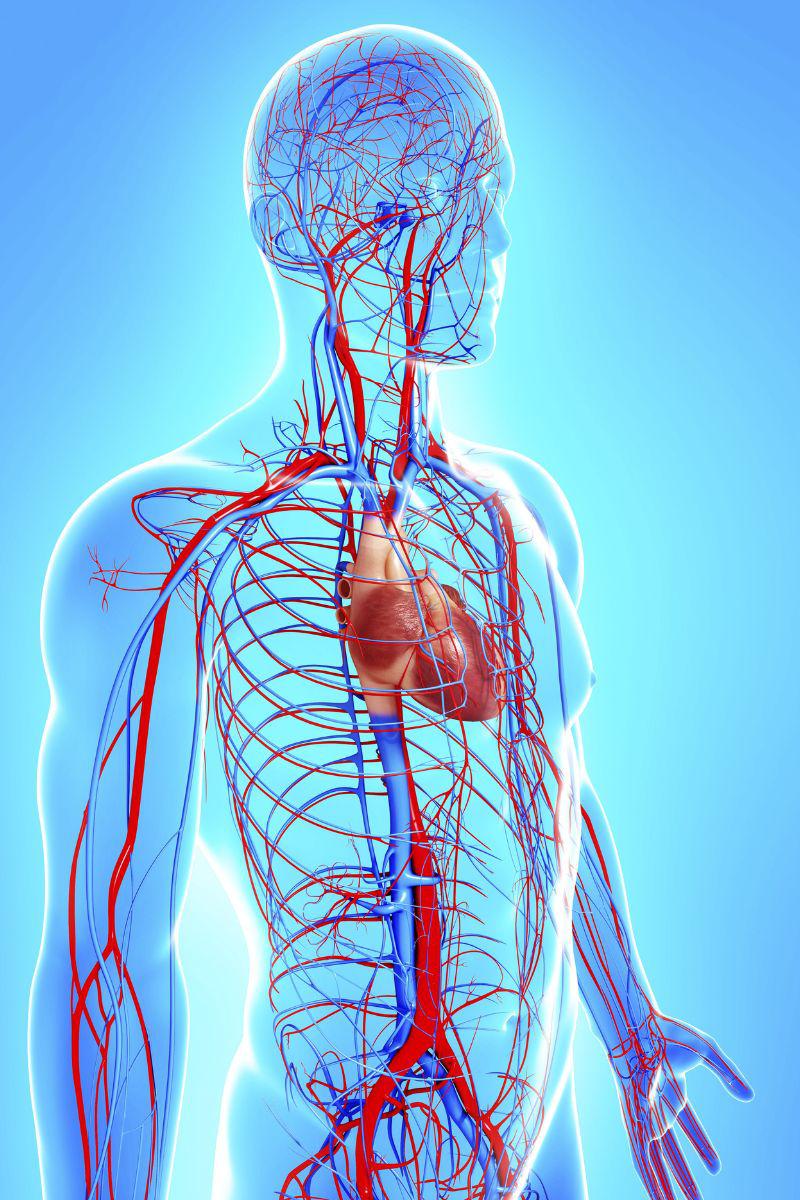
The vascular system, consisting of arteries, veins, and capillaries, delivers oxygen, nutrients, and hormones throughout the body. Acupuncture has been proven to improve blood circulation and promote better vascular health. This blog post will explore the fascinating connection between acupuncture and the vascular system.
Acupuncture involves the insertion of thin, sterile needles into specific points on the body, known as acupoints. These acupoints are believed to be interconnected with energy pathways or meridians that flow throughout the body. By stimulating these points, acupuncture aims to restore balance and promote optimal health.
Acupuncture has been found to have a positive impact on blood circulation. The insertion of needles can stimulate the release of nitric oxide, a vasodilator that relaxes blood vessels and improves blood flow. This enhances circulation and helps deliver oxygen and nutrients more efficiently to various tissues and organs, supporting their proper function. When the vascular system is not working efficiently, it can lead to multiple health concerns, such as; impaired wound function, varicose veins, hypertension, and the overall reduction of blood circulation within the body.
Hypertension, or high blood pressure, is a common cardiovascular condition associated with increased strain on the blood vessels. Acupuncture may help manage hypertension by promoting vasodilation and reducing the sympathetic nervous system's activity. In addition, by creating a more relaxed state, acupuncture can contribute to maintaining healthy blood pressure levels.
Peripheral arterial disease (PAD) is characterized by reduced blood flow to the extremities due to narrowed or blocked arteries. Acupuncture can play a supportive role in PAD treatment by improving circulation to the affected areas. Enhanced blood flow may alleviate pain, cramping, and numbness, allowing for better mobility and function.
Diabetes can lead to vascular complications due to increased inflammation and damage to blood vessels. Acupuncture has demonstrated potential benefits in improving vascular health among individuals with diabetes. By reducing inflammation, regulating blood glucose levels, and enhancing blood circulation, acupuncture can mitigate the risk of vascular complications.
Proper blood circulation is vital for wound healing. Acupuncture's ability to enhance blood flow and promote the delivery of nutrients and immune cells to the wound site can facilitate healing. Additionally, acupuncture's analgesic properties may help manage pain associated with wounds, allowing for a more comfortable recovery.
The relationship between acupuncture and the vascular system highlights the potential of this traditional practice in promoting blood circulation, supporting vascular health, and managing various cardiovascular conditions. Furthermore, as a complementary therapy, acupuncture can be utilized alongside conventional medical approaches to optimize overall well-being.
Disclaimer: The provided information is not meant to replace or interfere with medical advice provided by your medical doctor. If you have any questions or concerns about medications and the possible interaction with acupuncture, please consult your Western medical physician.